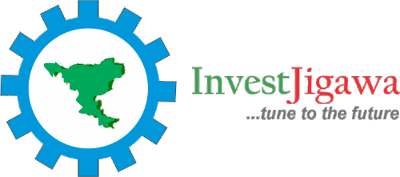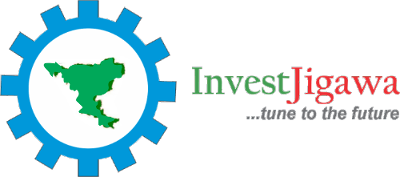Despite its huge energy resources, Nigeria needs more electricity both to drive industry and to ensure adequate supplies in rural areas. The National Energy Masterplan projects that energy from renewable sources will reach 20% of Nigeria’s energy mix by 2030..
Despite its huge energy resources, Nigeria needs more electricity both to drive industry and to ensure adequate supplies in rural areas. The National Energy Masterplan projects that energy from renewable sources will reach 20% of Nigeria’s energy mix by 2030. Jigawa State has one of the highest irradiation levels in Nigeria and a wide range of bio products to help grow your renewable energy business.
Solar PV Solutions: Located in the highest solar irradiation zone of Nigeria, Jigawa State thus be an ideal location to serve as a hub for both production of required equipment and generation of electricity for use by the new industries. We plan to attract as well as service the needs of local SMEs and micro enterprises who struggle to operate without decent supplies of electricity.
InvestJigawa is currently working with five different firms for the delivery of independent solar power plants in Jigawa State. When actualized, the five projects will deliver an estimated output of about 1300 MW solar power at an estimated cost of US$2 billion. Efforts are also being made to expand transmission capabilities of the state to give room for more investors to establish solar power plants for distribution of power to the national grid.
Bio Fuel: Other than solar energy, Jigawa State has the potential to produce bio-fuels as part of a rural electrification programme. Bio-fuels can be obtained from various agricultural produce. Crops like sugar cane and Jatropha which are grown in the state have high potential for producing quality fuel for powering engines and machinery. In the north of the state, Jatropha is already being planted as part of the anti-desertification programme.



